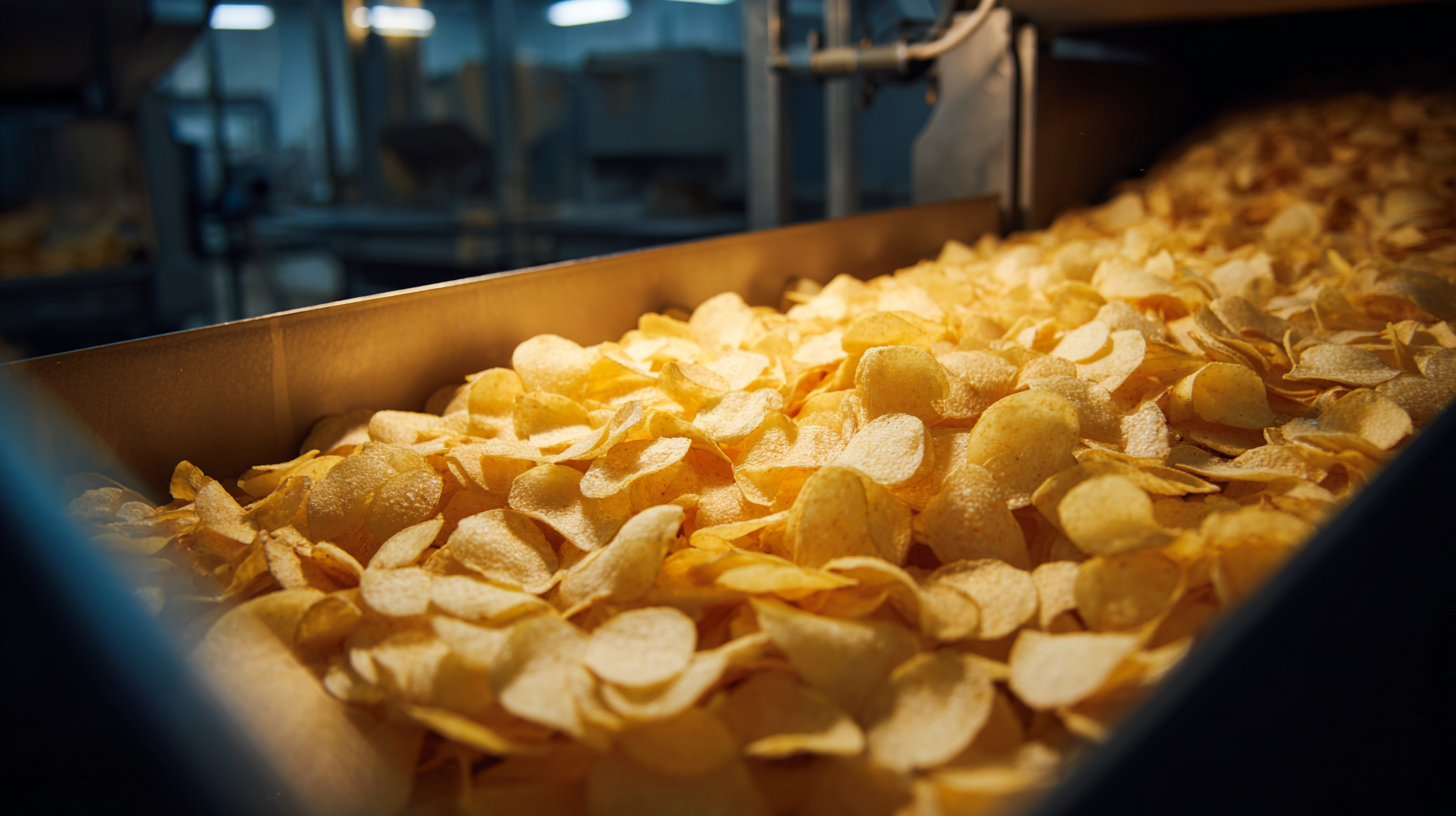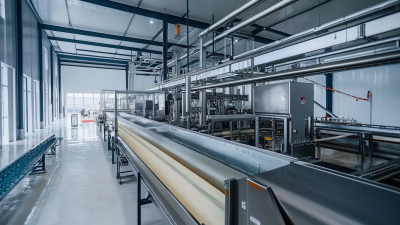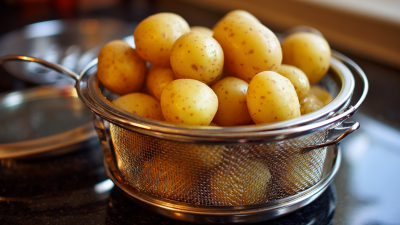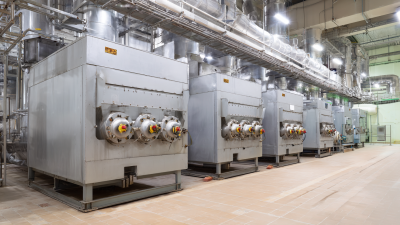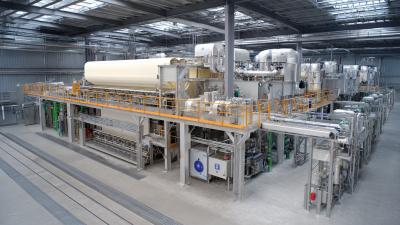
The potato flakes processing line has undergone significant advancements in recent years, driven by the demand for efficiency and sustainability in food production. As we approach 2025, innovative technologies are emerging that not only enhance operational performance but also contribute to waste reduction in the processing of potato flakes. This article explores the top five innovations that are set to revolutionize the potato flakes processing line, promising a remarkable boost in efficiency by 30% while minimizing food waste.
In an era where environmental concerns and resource management are at the forefront of industry discussions, the integration of cutting-edge solutions in the potato flakes processing line is pivotal. From state-of-the-art dehydration techniques to automated quality control systems, these innovations are designed to streamline operations, reduce energy consumption, and ensure that the highest quality standards are met. This introduction highlights the transformative potential of these advancements, setting the stage for a more sustainable and efficient future in potato flakes production.
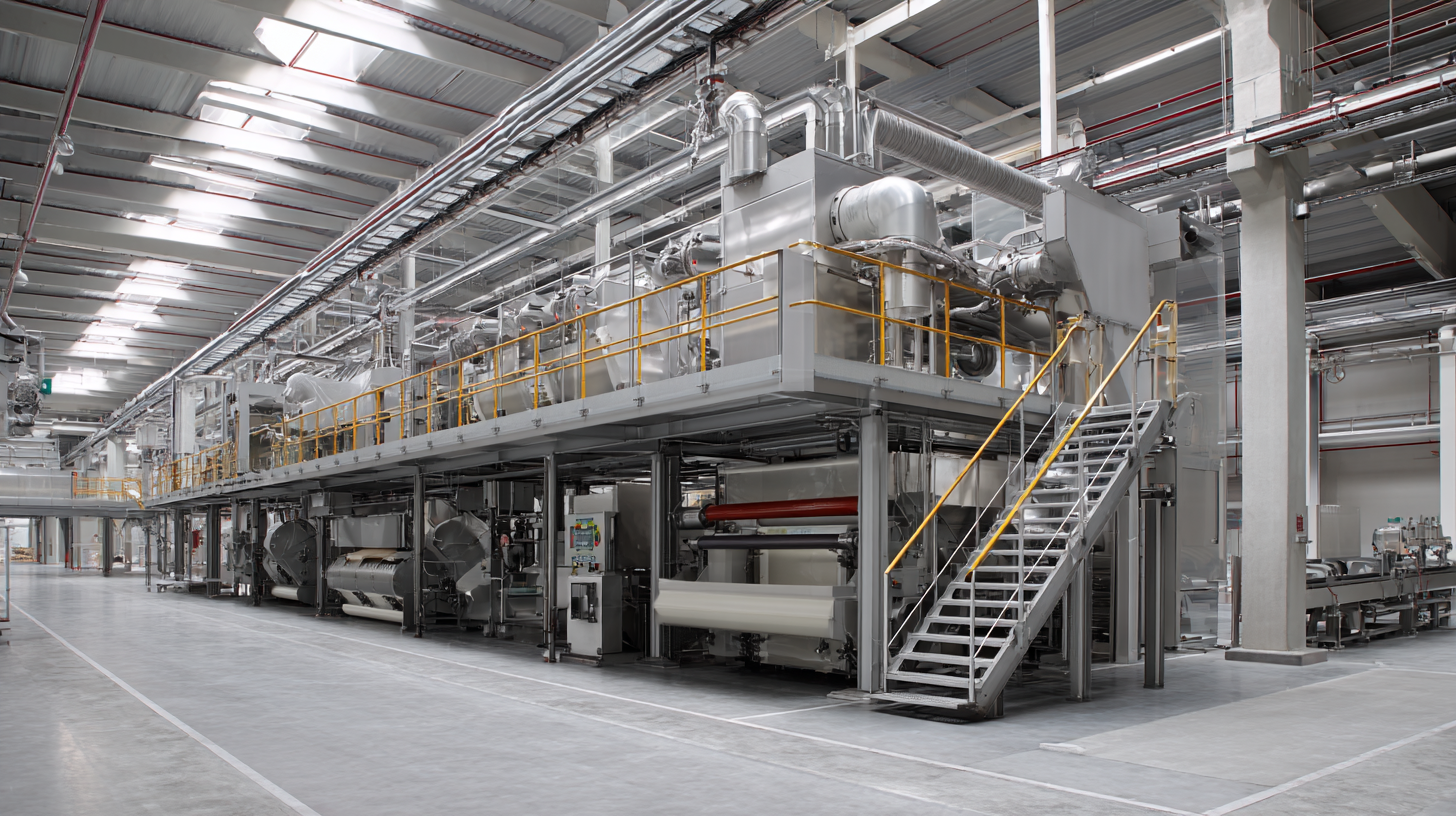
The potato flakes processing industry is witnessing a significant transformation with the introduction of innovative machinery designed to enhance efficiency and minimize food waste. Recent industry reports indicate that advancements in processing technology can increase production efficiency by up to 30%. For example, automatic peeling and cutting machines not only streamline the initial preparation stages but also reduce the loss of raw material, ensuring that more potatoes contribute to the final product.
Moreover, smart sorting technologies equipped with artificial intelligence are revolutionizing quality control. These machines can analyze potato quality in real-time, discarding defective products while maintaining optimal throughput. It’s reported that facilities utilizing these innovations have seen a notable decrease in waste, with some operations achieving a reduction of over 15% in food scraps during processing.
Tip: When investing in new machinery, consider models that allow for gradual upgrades rather than complete overhauls. This approach minimizes downtime and allows your operation to adapt gradually while reaping the benefits of enhanced efficiency.
Another key innovation is the integration of IoT (Internet of Things) technology in the processing line, enabling continuous monitoring and predictive maintenance. This tech not only enhances operational efficiency but also extends the machinery's lifespan. By leveraging data analytics, processors can optimize usage patterns and reduce energy consumption, further contributing to cost savings and sustainability efforts.
Tip: Regular training sessions for staff on new technologies can further enhance efficiency. Empowering workers with knowledge ensures that they can operate machinery optimally, preventing bottlenecks and improving overall product quality.
In 2025, the advancements in potato flakes processing lines are set to revolutionize the industry, particularly in minimizing food waste through innovative techniques. The emphasis on reducing waste during production processes not only lowers operational costs but also addresses environmental concerns. Cutting-edge methods such as real-time monitoring systems and automated quality control can detect imperfections early in the production cycle, ensuring that subpar potatoes are efficiently processed or diverted, rather than discarded.
Moreover, integrating sustainable practices, such as utilizing by-products from potato processing, can significantly enhance overall yield. Techniques like vacuum frying and dehydration not only maximize the use of raw materials but also create new products from what would otherwise be waste. By harnessing these advanced methods, manufacturers can achieve a dual benefit: improving efficiency by up to 30% and leading the charge in responsible food production practices, thus setting a benchmark for the industry's future.
The integration of automation and artificial intelligence in potato flakes processing lines is revolutionizing the industry. These technologies are streamlining production processes, allowing for real-time monitoring and adjustments that significantly enhance operational efficiency. By implementing smart sensors and AI algorithms, manufacturers can analyze data instantaneously, optimizing everything from cooking times to moisture levels, leading to improved product quality and consistency.
Moreover, automation minimizes the reliance on manual labor, reducing the risk of human error while boosting productivity. The combination of automated systems and AI-driven analytics ensures that machinery operates at peak performance, with predictive maintenance capabilities decreasing downtime. This synergy not only leads to a 30% increase in efficiency but also contributes to substantial reductions in food waste by ensuring that raw materials are processed at their peak and that the final product meets standardized specifications.
As the industry advances, the integration of these technologies represents a pivotal shift towards sustainability and enhanced profitability.
 The sustainable practices in raw material sourcing for potato flakes are gaining prominent attention as the industry shifts towards eco-friendly operations. By prioritizing local sourcing of potatoes, manufacturers reduce transportation emissions and support regional economies. Engaging with local farmers not only fosters a sense of community but also enhances traceability in the supply chain, ensuring that the potatoes come from sustainable and responsible farming practices.
The sustainable practices in raw material sourcing for potato flakes are gaining prominent attention as the industry shifts towards eco-friendly operations. By prioritizing local sourcing of potatoes, manufacturers reduce transportation emissions and support regional economies. Engaging with local farmers not only fosters a sense of community but also enhances traceability in the supply chain, ensuring that the potatoes come from sustainable and responsible farming practices.
Additionally, implementing regenerative agricultural techniques can significantly improve soil health and crop yields. Techniques such as crop rotation, cover cropping, and minimal tillage contribute to sustainable potato farming by preserving biodiversity and reducing chemical fertilizers and pesticides. These practices not only elevate the quality of the raw materials used in potato flakes but also play a crucial role in minimizing food waste. As potatoes are sourced more sustainably, the overall supply chain becomes more resilient, and the potential for spoilage during transit is greatly reduced, aligning with the industry's goal to boost efficiency while adhering to environmental stewardship.
The increasing consumer demand for innovative potato products is driving significant trends in the food industry. One exciting development is the introduction of "potato rice," a novel product that transforms traditional potatoes into a rice-like alternative. This innovative approach not only caters to evolving dietary preferences but also positions potatoes as a versatile staple in various culinary applications. As health-conscious consumers seek convenient and nutritious options, potato rice is set to revolutionize meal preparation and consumption.
Tips: When exploring new food products, consider the versatility of ingredients. Experimenting with options like potato rice can lead to creative culinary experiences. Additionally, stay informed about trends in the food industry to catch new opportunities that align with your taste and health goals.
The trend towards enhancing potato-based products is evident in manufacturers pushing boundaries with options that appeal to modern lifestyles. Innovations such as easier-to-prepare items and healthier alternatives signify a shift in how traditional foods are perceived, making them more fitting for today's consumers. Emphasis on reducing food waste and improving processing efficiency is also gaining traction as companies strive to innovate without compromising sustainability.
Tips: Always check for the nutritional benefits of new food products you try, and consider how they can fit into your balanced diet. Engaging with brands that focus on sustainability can also enhance your overall consumption experience.
